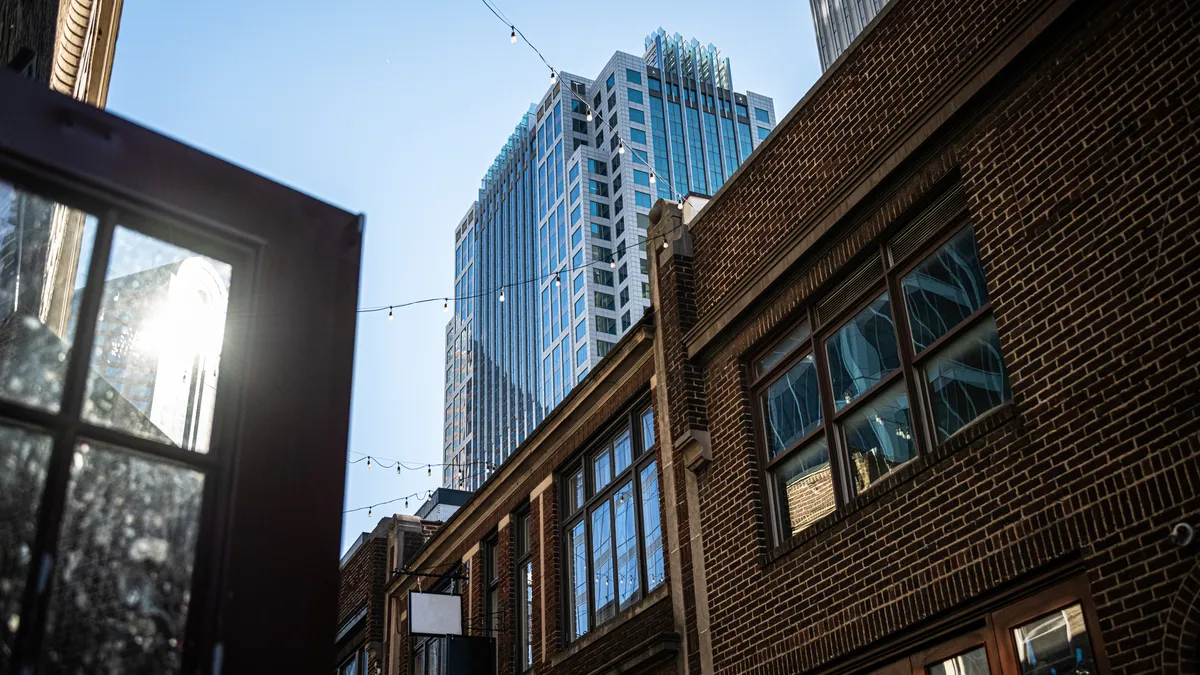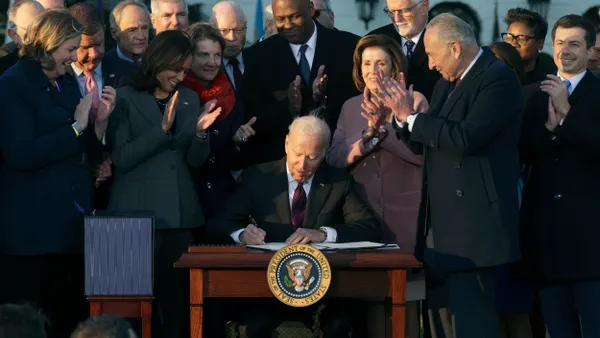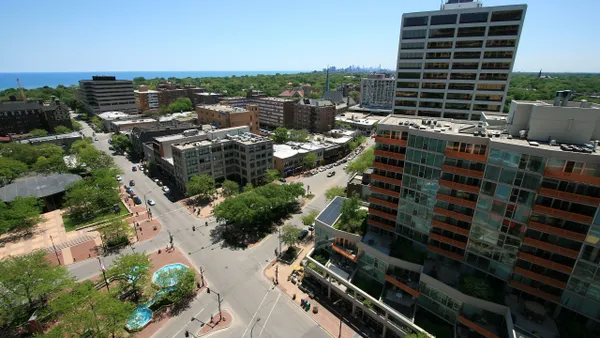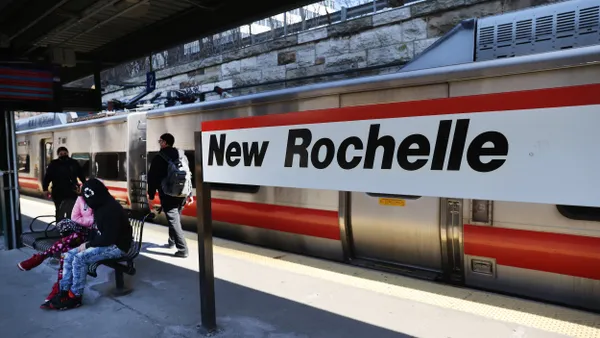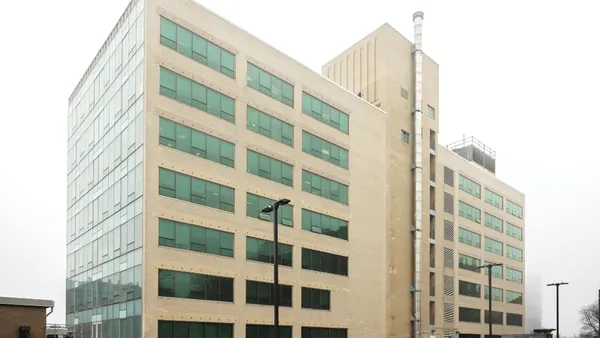In June, North Carolina’s Building Code Council delayed a vote on a proposal to revamp building energy efficiency rules amid arguments from a developer lobbyist group that changes to the code will increase upfront construction and insulation costs, making homes unaffordable.
A final vote on the building energy efficiency code overhaul is expected to take place on Dec. 12, giving more time for public comment through September.
North Carolina’s Department of Insurance told Facilities Dive that the decision to delay the vote comes amid the staff’s endeavors to prepare a cost-benefit analysis report, as well as a fiscal note that will detail the costs involved in implementing the proposed changes in the building energy efficiency rules.
There is no specific due date for both reports, but a spokesperson for the state’s Department of Insurance said the intent is to put “everything on the same track, so that residential and commercial code updates can be considered at the same time, noting that the Rules Review Commission is expected to approve the final adoption of the commercial provisions of the energy code by January 2024.
Typical construction costs for new single-family homes across 79% of North Carolina counties will climb to an average of $4,763 for homes with crawlspaces or unheated environments, and $5,194 for homes with slab foundations, according to a memorandum submitted by the U.S. Department of Energy’s Pacific Northwest National Laboratory to Bridget Herring at the North Carolina Building Code Council detailing the results of a March 2023 analysis. But construction costs for new single-family homes built in North Carolina mountain counties with cooler climates are expected to be even higher.
The North Carolina Home Builders Association, a developer lobbyist group, opposed the update at a public hearing in March, stating that in reality, the construction costs will be three times those estimated by the Pacific Northwest National Laboratory.
In a competing measure, a state legislative panel, with the backing of the North Carolina Home Builders Association, has advanced House Bill 488, which seeks to maintain the existing code without changes until at least 2031.
This legislative measure, sponsored by Union County Republican Rep. Mark Brody, aims to divide the Building Code Council into two committees — commercial and residential — due to concerns that it will restrict Gov. Roy Cooper’s power to appoint the council. The legislation, which the Senate has revised after it passed muster in the House, is currently in the Senate Finance Committee, which has yet to schedule a hearing.
Indivisible Asheville/WNC, which supports the energy efficiency overhaul, says that the House Bill 488 will wipe out nearly two years of the North Carolina Building Code Council’s efforts to align the state’s energy conservation code with 2021 International Energy Conservation Code guidelines for trimming energy costs and reining in climate pollution, both of which are key objectives laid out by Cooper. North Carolina’s current code is rooted in outdated guidelines from 2009.
Supporters of the planned overhaul have been hopeful that the proposed changes will help North Carolina meet its climate goals, reducing the gravity of carbon emissions from buildings.
North Carolina isn’t the only state where proposals to change building efficiency rules are met with hurdles. Earlier in June, members of a legislative assembly in Vermont pushed back the implementation of a proposed residential building energy efficiency to July 2024, buying more time to create a state entity aimed at bolstering compliance with the latest international guidelines.



